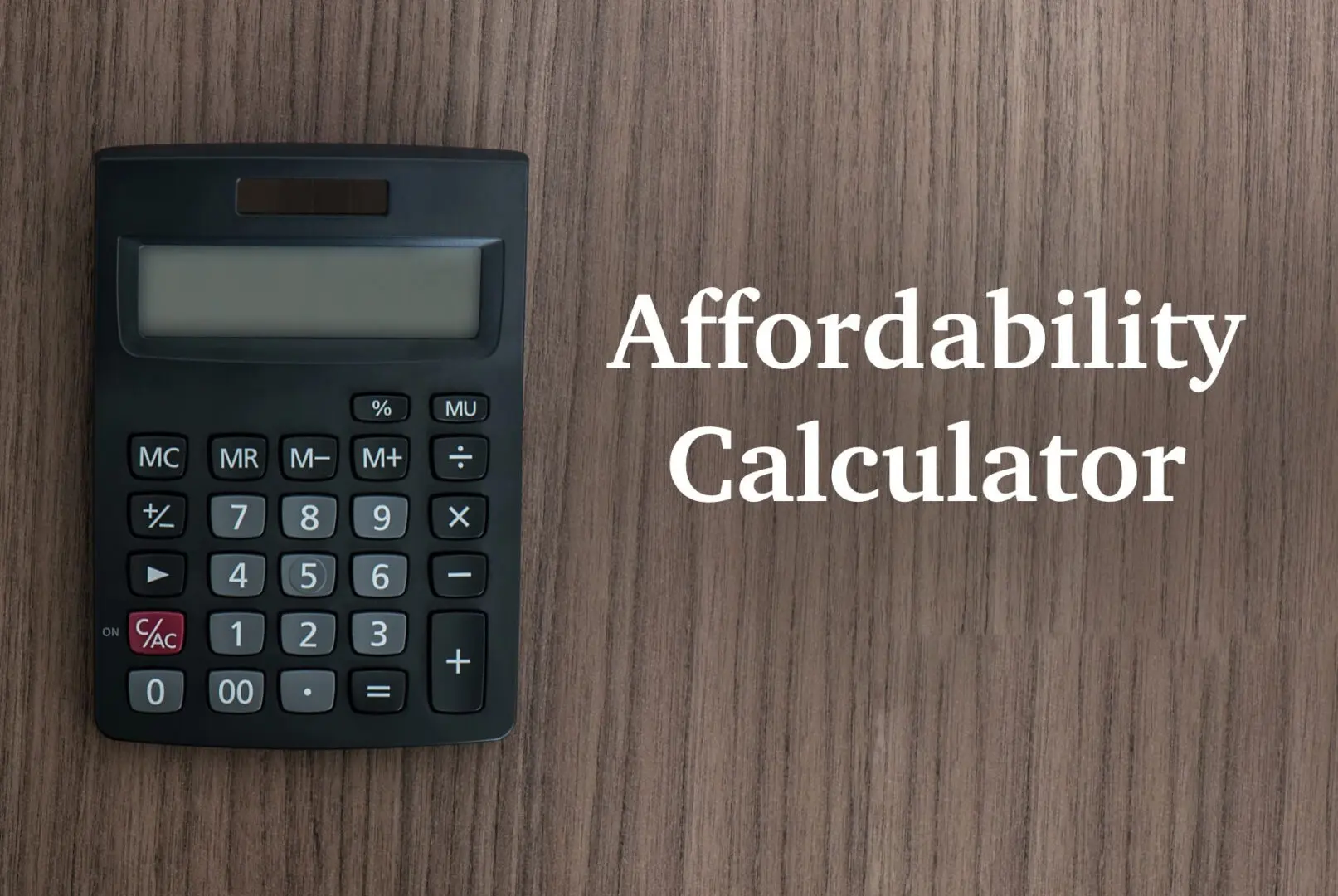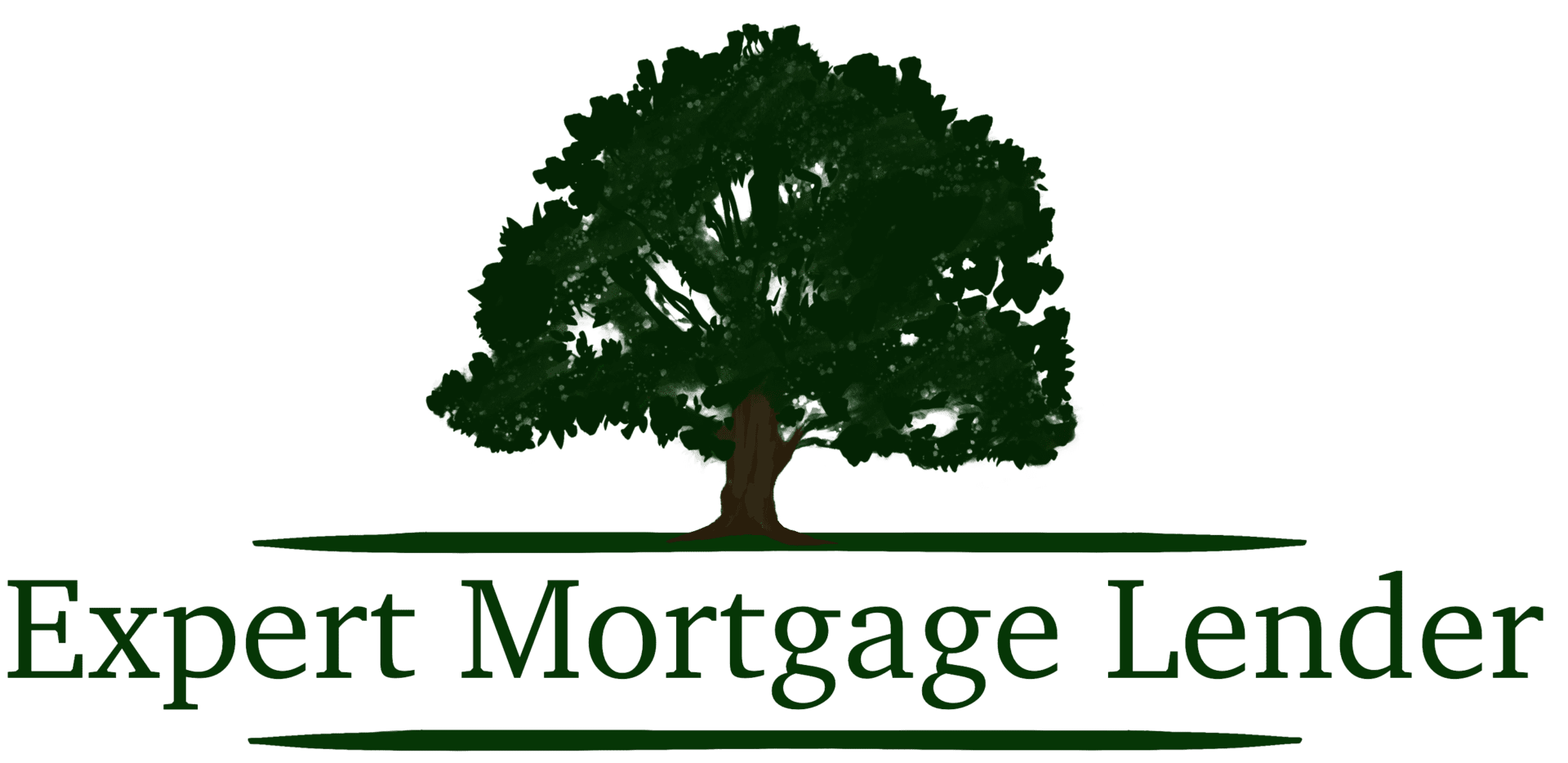
FHA Mortgage Rates
Calculate and Apply for an FHA Loan
Regardless of whether you're buying your first home or have been through the process before, obtaining mortgage financing is a typical step in purchasing a property. One viable option could be an FHA loan, which is guaranteed by the Federal Housing Administration. These loans are often more accessible than conventional mortgages, offering more lenient credit criteria and requiring a smaller down payment. Before choosing your mortgage type, it's crucial to familiarize yourself with the benefits and drawbacks of FHA loans to make an informed decision about your home financing.
The FHA sets annual loan limits for FHA-insured mortgages, which vary depending on the property type and its geographic location.

Loan Limits for Home Equity Conversion Mortgages (HECMs) for Seniors
The Federal Housing Administration provides a special program for seniors, known as Home Equity Conversion Mortgages (HECMs), which is essentially a reverse mortgage option.
This program allows seniors who have significant equity in their homes—either owning them free and clear or having a minimal remaining mortgage balance—to tap into their home's equity through an FHA-backed HECM.
What Is an FHA Mortgage?
An FHA mortgage is a type of loan insured by the Federal Housing Administration, designed to make home-buying more accessible. While the FHA itself doesn't lend money directly to purchasers, it provides a guarantee on loans made by private lenders, credit unions, and banks that offer FHA-approved mortgages.
This federal backing mitigates the risk for lenders in case of a borrower's default, making them more inclined to approve applications from individuals with lower credit scores or smaller down payments than what might be demanded for a conventional loan.

FHA Loans vs. Conventional Mortgages
When comparing FHA loans with conventional mortgages, it's important to understand the key differences, especially in terms of who offers these loans, their requirements, and who they're best suited for.
Conventional Mortgages are provided by banks, private mortgage companies, and credit unions without federal backing. They typically demand higher credit scores and larger down payments due to the lack of government insurance, making it more challenging for some applicants to qualify.
Credit Requirements For a conventional mortgage, applicants generally need a minimum credit score of 620, though many lenders prefer scores of 680 or higher for approval.
FHA Loans, on the other hand, are insured by the Federal Housing Administration and designed to be more accessible, especially to those with lower credit scores or smaller down payments.
Credit Requirements The FHA's minimum credit score for a 3.5% down payment is 580. However, individuals with scores as low as 500 may still qualify if they can afford a down payment of 10% or more. Despite this, many lenders typically look for a credit score of at least 580 for FHA loan approval.
Down Payment Requirements FHA loans allow for down payments as low as 3.5% of the home purchase price.
Conventional Mortgage Down Payments vary significantly, ranging from 3% to 20%, depending on the lender's policies and the borrower's financial situation.
For those considering their options or needing to improve their credit score to qualify, exploring credit repair programs could be beneficial.
How Does FHA Loan Work?
An FHA loan operates under the auspices of the Federal Housing Administration, which does not directly finance the home purchases it insures. Instead, the FHA provides a guarantee to lenders for FHA-backed loans in the event of a borrower defaulting. This guarantee means that if a borrower fails to meet their mortgage obligations, the FHA compensates the lender for the outstanding mortgage balance.
To secure an FHA loan, borrowers are mandated to have FHA mortgage insurance, reflecting the FHA's risk mitigation strategy. This insurance requirement, coupled with the FHA's backing, encourages lenders to offer loans to those with less-than-ideal credit scores and lower down payments compared to what might be required for conventional loans.
Delving deeper into the workings of FHA mortgage loans, let’s explore the insurance premiums involved:

Two Types of FHA Insurance Premiums
FHA loans include two insurance premiums: one upfront and another paid annually.
1. Upfront Mortgage Insurance Premium (UFMIP)
This premium is 1.75% of the loan amount. For instance, on a $400,000 loan, the UFMIP would be $7,000. Borrowers have the option to pay this at closing or roll it into their loan amount, which does not affect the loan-to-value (LTV) ratio or the down payment required.
2. Annual Mortgage Insurance Premium (MIP)
This premium varies based on the loan's term and LTV ratio. If the LTV ratio exceeds 90%, borrowers must maintain FHA mortgage insurance for the loan's full duration. For example, with a down payment of less than 10%, insurance must be maintained until the loan is refinanced, paid off, or the property is sold. If the down payment is 10% or more, the insurance requirement drops to 11 years.
This structure ensures that lenders are more inclined to lend to borrowers with varying credit profiles and down payment capacities, expanding access to homeownership.
How to Qualify for an FHA Loan
To be eligible for an FHA loan, applicants must adhere to certain criteria throughout different stages of the loan acquisition process. If you're uncertain about your or the property's eligibility, it's recommended to seek assistance for clarification.

Before and During the Loan Process
During the Loan Process
After Closing


Your Credit and FHA Loans
Understanding your credit is crucial when considering an FHA loan, as lenders heavily weigh your credit score and history to assess your risk of defaulting on payments.
The U.S. has three major credit bureaus, TransUnion, Equifax, and Experian, which collect and report on individuals' credit histories. Though each bureau uses its own unique scoring model, most lenders base their decisions on FICO scores, a system developed by the former Fair Isaacs Corporation.
FICO scores range from 300 to 850, categorized as follows to indicate a borrower's creditworthiness:
A higher credit score not only increases your chances of mortgage approval but also qualifies you for lower interest rates, reflecting a lower risk to lenders.
Your credit history's specifics are also critical. Compared to conventional loans, FHA loans offer more lenience for those with negative items in their credit reports. However, there are waiting periods for significant adverse credit events before you can qualify for an FHA loan:
This flexibility makes FHA loans an appealing option for those rebuilding their credit or facing financial challenges in the past.
Debt-To-Income Ratio
The FHA's guidelines for a borrower's debt-to-income (DTI) ratio take into account their credit score and available cash reserves. DTI is a measure of your monthly debt payments compared to your monthly income, often referred to as your front-end DTI.
Additionally, the FHA evaluates your principal, interest, taxes, and insurance (PITI) against your monthly income. This assessment, also known as your payment-to-income ratio (PTI), determines your back-end DTI, or what your DTI would be after taking on an FHA loan with its associated mortgage payment.
Typically, the FHA sets a DTI limit of 43%. However, loans may be approved with DTIs exceeding 50% if certain compensatory factors are in place, such as:
If your DTI is higher than preferred, reducing your debt by paying off high monthly payment obligations or increasing your income can help lower your DTI ratio, improving your eligibility for an FHA loan.


When is an FHA Loan the Best Option?
An FHA loan might not always be the best choice for every homebuyer, especially when considering long-term costs. Conventional loans often come with higher down payment requirements, and obtaining approval can be more stringent. However, they typically end up being less expensive over the loan's lifespan. This is largely because Private Mortgage Insurance (PMI) on a conventional loan can be discontinued once the loan-to-value (LTV) ratio reaches 80%, reducing monthly payments.
Conversely, FHA loans mandate FHA insurance for a significant duration: 11 years if you make a 10% down payment or for the entire loan term if the down payment is less than 10%.
Nonetheless, there are specific situations where opting for an FHA loan is advantageous:
FHA loans are especially attractive to first-time homebuyers due to their lower down payment requirements and more flexible credit criteria, making them a viable option for many who are looking to enter the housing market.
When Might You Consider a Conventional Loan vs. an FHA Loan?
Opting for a conventional loan over an FHA loan can be a strategic decision under certain circumstances. Here are some scenarios where a conventional loan might be more favorable:
In these instances, a conventional loan could be more economically sensible and offer more flexibility than an FHA loan, making it an attractive option for borrowers in a strong financial position.

FHA Loan Pros and Cons
Pros of FHA Loans
Cons of FHA Loans

Alternatives to FHA Loans
If you don’t qualify for FHA loan, there are a few alternatives you might consider. If you are a military service member or veteran, you might qualify for a loan backed by the Department of Veteran Affairs (VA).
The U.S. Department of Agriculture (USDA) also backs USDA loans for low- and moderate-income individuals who plan to buy homes in qualifying rural areas.
Finally, the Housing Corporation offers several mortgage programs for which you might qualify.

